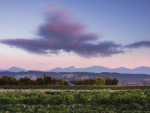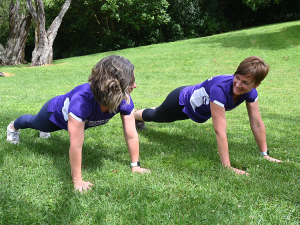Wairarapa traditionally goes dry in summer, hence plans to build dams that could be good news for dairying and high value crops, leading to economic growth in the region.
A group called Wairarapa Water Users is spearheading the project, announcing results of a study by consulting engineer Tonkin Taylor into the viability of an irrigation scheme. The engineer has looked at possible dam sites and recommended nine options for further investigation: two south of Martinborough and seven north of Masterton and near Mauriceville.
The study is funded by Greater Wellington and the Government’s Irrigation Acceleration Fund run by MPI.
Greater Wellington chairwoman Fran Wilde told Dairy News that during winter millions of litres of water pour off the Tararua Ranges into the sea, yet in summer Wairarapa gets dry. An irrigation scheme would transform Wairarapa and the greater Wellington region, she says.
Irrigation would not solve all Wairarapa’s drought problems because much of the region is steep hill country. The group has looked at what’s happened elsewhere in the country, finding many similarities.
“I’ve been looking at Canterbury and of course there is significant dairying there. Other major users of irrigation are growing crops, doing general arable farming and [growing] export seeds…. Exporting flowers would also be an option for us, but we’d have to fix Wellington airport for flights to key markets.”
Wilde says dairying would benefit from irrigation, so would the environment. Environmental groups are involved in the project and are part of the governance group, she says. “They understand we are putting a lot of science into our water investigations on this project and we were doing that for the regional plan anyway. There will be strict rules for the users of this water. We won’t tolerate any environmental misbehavior. We will expect people to do the right thing. Many farmers here are doing the right thing; they know it can be done, they just have to make that commitment.”
Wilde says quite by chance Greater Wellington is reviewing its regional plan at the same time as central government is developing its own water management and RMA reforms. By the time any irrigation scheme is in place, the new rules will also be in place, making it easier for everyone.
The scheme could take five to eight more years to complete – all going well.










